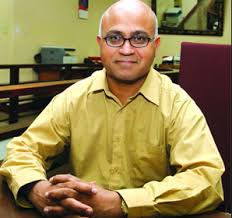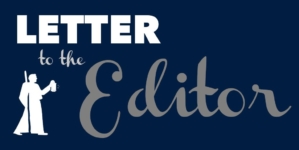Voting against a party rather than for one’s own
Dear Editor,
Very soon, voters have to make a decision on how they will vote — which party to vote for. Will they be motivated by party or candidate or policy or some other factor? It has not been an easy decision. There aren’t attractive choices. When voters can’t make a decision they always fall back on ethnicity. This year, voters have some dozen other choices besides the two dominant forces.
The voters had the experience of governance under the two dominant political parties for some sixty years, almost fifty four of which have been since independence in 1966. The voters say it has not been a pleasant governing experience post independence. They would have preferred to return to pre-independence rule. They say the white man was fairer to them than the local rulers. The white man did not thief, according to older folks. But since independence, thieving has been a norm in governance.
During home rule and the early years after independence, voters cast ballots for their parties and charismatic leaders like Burnham and Jagan. But in recent years, voters cast ballots against a party or its main candidate. Voters say they are not pleased with all of the choices available to them. In recent polling, some three quarters of the voters say they are voting against a candidate or party rather than for the one to which they will cast ballot. It is noted that many voters say both major parties are evil. Some voters say they will cast ballot for the lesser of the evil. But the lesser of the evil largely depends on which side of the fence you sit or stand. David Hinds, a defender of the coalition, says his party is the lesser of the evil. Freddie Kissoon, Hinds’ friend, disagrees arguing that both are equally evil and that neither party deserves a vote. Other analysts see the opposition as the lesser of the evil.
Race largely determines which side is more evil. Some voters are more objective and engage in rational thinking on which side they can trust more to handle the incoming oil revenues. Some also look at racism as a favour in how they plan to vote. There are limited non partisan voters.
For almost ninety percent of the voters, their decision has already been made. They are voting tribe or race even though they are not pleased with their party. Some are actually voting for (in support of) their party but the bulk are voting against the other side that they find repulsive. It is the remaining ten percent that will prove to be critical in determining which party forms the government and whether that party will get a majority of seats in parliament to carry out its programmes as described in its manifesto.
There is very minimal cross over ethnic support for the dominant parties. And even among them, one cannot make a strong claim that they are voting affirmatively for a party. Their party betrayed them and they have gone across to support the other party — they are vex and angry and are casting ballots against their ethnic party. They are looking at the minor parties; don’t count them out even though the political situation is polarized by ethnicity.
How will the remainder ten percent vote? Some are going for the minor parties because they don’t want the major parties to get a majority. And there are still some undecided voters. Those who said they would not vote could very well change their mind and cast ballots for the minor parties. The political situation is dynamic. But in the end, the large majority of the voters lack confidence in the parties. They are voting against a major party rather than for the one that receives the vote.
Yours truly,
Vishnu Bisram






















